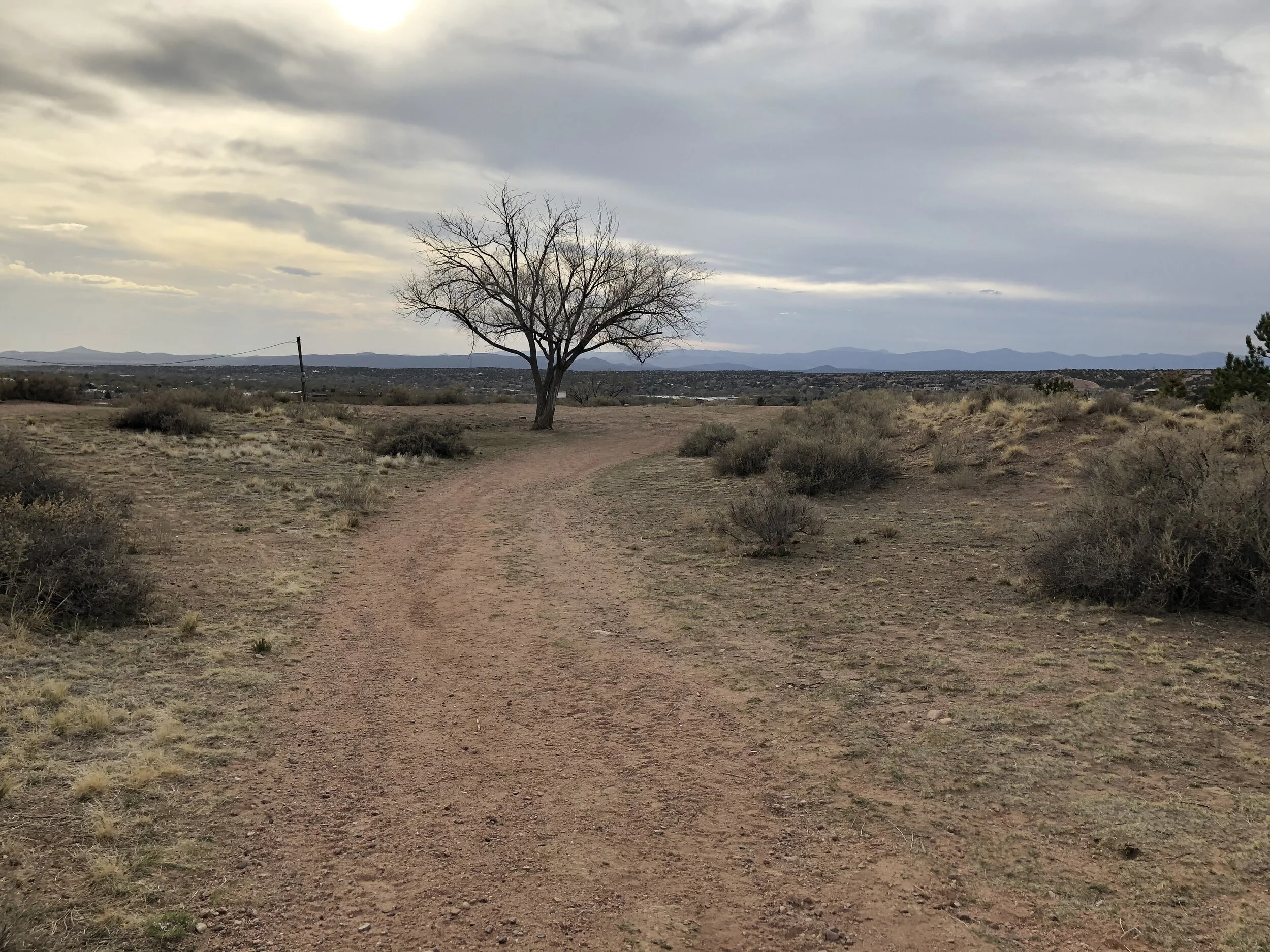Diminishing the baggage
Growing antlers pull nutritional resources from elsewhere in the body. It’s worth it, for a while. (Photo by Brian0918, shared under Creative Commons Attribution-Share Alike 2.5)
I dreamed that there was some kind of apocalyptic event that was dramatically changing society (a different one than the one that actually did, I guess), and I was attempting to leave an apartment in the city and head out to the country (I think to be better positioned to live life off the grid?).
Even though the logic of the dream was not exactly solid, I remember feeling conflicted. I was aware that what was most important for my old life (laptop, phone, nice clothes) was not relevant for my new life. I also didn’t know whether I’d ever be back. If my trip was just temporary, I needed to spend more time preparing my space instead of just abandoning it.
The dream did not cinematically focus on the adventuresome journey; no, I never got to that. Instead, it was focused on the mundane details of life: What should my neighbors and I do with our mounting trash now that municipal trash service had ceased, our fleeing neighbors had left tons of debris in the stairwells, and we weren’t sure what would happen to our building in our absence? How should I decide what to bring with me? Should I stay put and hope for life to get back to normal, or should I act now, even though it’s painful?
As with most dreams, one could wring a lot of metaphors out of this. And some truths: packing is difficult because it creates pressure to make a bunch of decisions about the future in a short period of time. And even though these decisions are small, their implications are larger.
Though my real-life decisions have mostly been less dramatic than the apocalyptic scenario I described above, I have still had to make tough choices that favored one set of priorities over another. And sometimes, I didn’t make those tough choices—I tried to live in two worlds at once or prepare for multiple possible futures. This left me with abundant physical and mental clutter as I attempted to continue to be all of the things I’d ever been by hanging on to all the things I’d ever had.
Sometimes, I had moments of clarity in which I was able to choose what mattered most; other times, a path was forced upon me, as when I had to throw out multiple musical instruments that had become moldy (there’s another metaphor). If I take too long to figure out what I’m doing and where I’m going, I will have the choice made for me.
On an ongoing basis, therefore, I work to diminish the baggage I’ve accumulated over the years so that I can be prepared for whatever life brings my way. I want to be prepared not in the sense of having the necessary materials to deal with every situation, but in the sense of having the flexibility, freedom, and clear thinking that comes from being unencumbered and unattached.
I have a ways to go, which is why I need to practice constantly. The good news is that the more I challenge myself to let go of odds and ends, hurts and regrets, the easier it becomes to pull away the tougher layers. And as difficult as this work is, doing it encourages more because the progress is visible. As the layers of of clutter are stripped away, I can more readily see what matters most and what I value.
By now, I have learned to pack light when going on a trip. As a result, I’m open to whatever happens and I trust that I’ll be able to handle it when it comes. I’m able to make the most of the moment and stay present. I’m aiming to do the same thing not just with my trips, but with my life itself. Day by day, I’m learning how.





